Personality and Temperament
Exquisite good looks, a charming personality, and luxurious silky, soft hair that comes in more than 300 different colors and patterns: These traits combine beautifully in the British Longhair cat. Meet one, and you'll be in love!
Quiet, adaptable, and friendly, these cats love their families but don't mind spending time alone. This is the perfect breed for cat lovers who long to share their lives with a kitty but don't have tons of time to spend together each day.
British Longhair cats get along well with nearly everyone, so long as boundaries are respected. These cats will choose when and how to receive affection: They don't appreciate being held tightly, and they often prefer to sit next to their humans rather than snuggling on a lap.
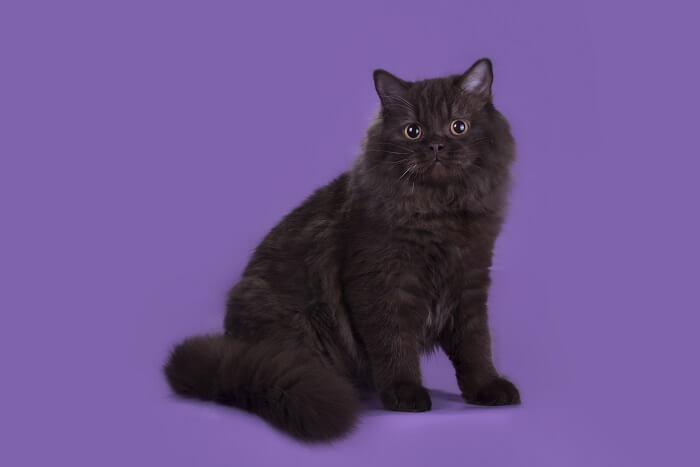
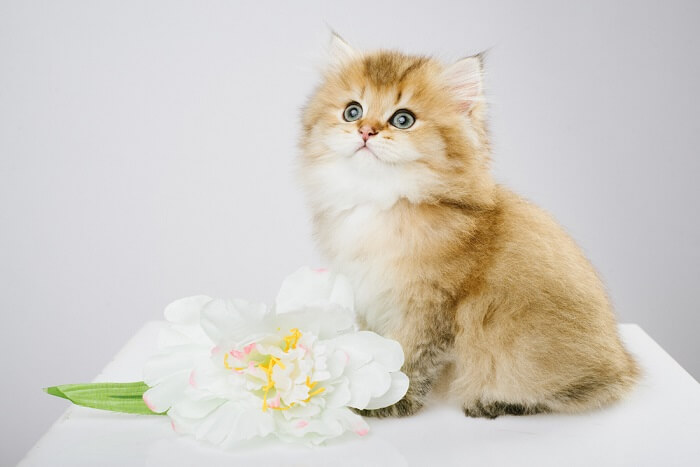
Care
Nutrition
Grooming
Exercise
Health
British Longhair cats have no special nutritional requirements, however they tend to become sedentary later in life and this sometimes leads to obesity. Feeding a high-quality diet that's high in protein and low in carbohydrates can help reduce the risk of weight issues and health problems such as diabetes that can accompany it.
British Longhair cats require daily brushing to prevent mats from forming, and they might need more than one grooming session per day during the spring shedding season.
You may also want to clip your cat's toenails and brush their teeth regularly. It's very important to teach your pet about grooming routines as a kitten, so that they accept this type of handling. Remember to reward your cat after brushing them.
Because British Longhairs like to relax and are naturally less active than many other cat breeds, they might need some encouragement to play. In addition to catnip mice and other intriguing toys, consider a laser pointer and at least one teaser wand. All cats require at least one scratching post, and a perch such as a cat tree or a window seat will be appreciated.
The British Longhair can be susceptible to neonatal isoerythrolysis, which can occur when a male from blood group A mates with a female cat from blood group B. When group A kittens that have the disease receive colostrum, antibodies attack the kitten's red blood cells and destroy them.
Affected kittens can be saved, but the process involves having them fostered by a mother with blood group A. This disease isn't one most pet owners need to worry about; instead, it's a concern for British Longhair breeders.
Some British Longhair cats are affected by renal polycystosis, which is a form of genetic kidney disease in which cysts can form on the kidneys. Breeders are able to use DNA testing to reduce the risk of affect and parents passing it on to their offspring.
History
The British Longhair is a relatively new breed, having descended directly from the British Shorthair cat. By the end of the first world war, the British Shorthair population had dropped dramatically. Breeders worked hard to save these incredible cats by outcrossing with several other breeds including Persians.
Kittens with long hair did not qualify as British Shorthairs, however they made excellent pets, as they shared many of the traits that make the breed so popular.
The British Shorthair cat breed was nearly decimated again during the second world war, leading breeders to outcross again. In addition to Persians, British Shorthairs were crossed with Burmese, Chartreux, and Russian Blue cats. Once again, kittens with medium to long hair were not accepted for registry.
Incredibly, and even though these amazing cats have been around since the first half of the 20th century, the British Longhair breed was only recognized by TICA in 2009. The Cat Fanciers Association does not recognize the British Longhair cat.
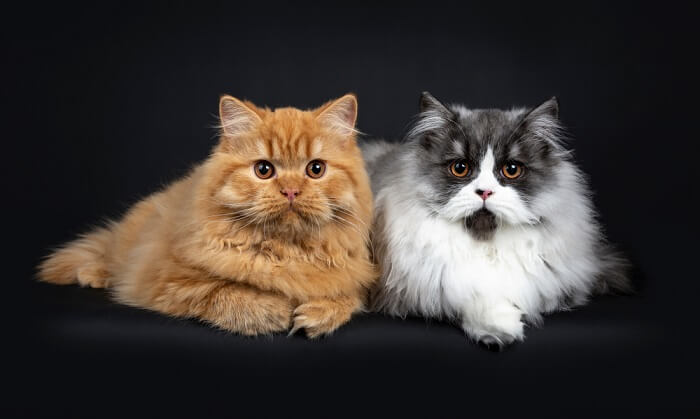
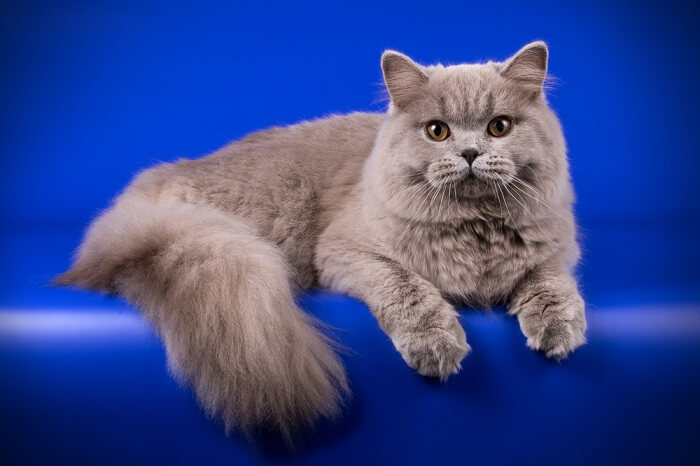
The Breed Standard
Eyes
Legs & Paws
Tail
The Breed Standard
Body
Head
Ears
Coat
Color
FAQ
How much does a British Longhair cat cost?
British Longhair cats cost between $300-$5,000.
How big do British Longhair cats get?
British Longhair cats tend to be medium in size. A fully grown British Longhair cat might weigh between 8-18 pounds or more and range in height anywhere from about 11"-14" inches tall.
How long do British Longhair cats live?
The Average lifespan for British Longhair is 12-16 years.
Do British Longhair cats shed?
British Longhair are long-haired cats, so you do have to expect a certain amount of shedding from this breed, but they don't shed as much as other cat breeds.
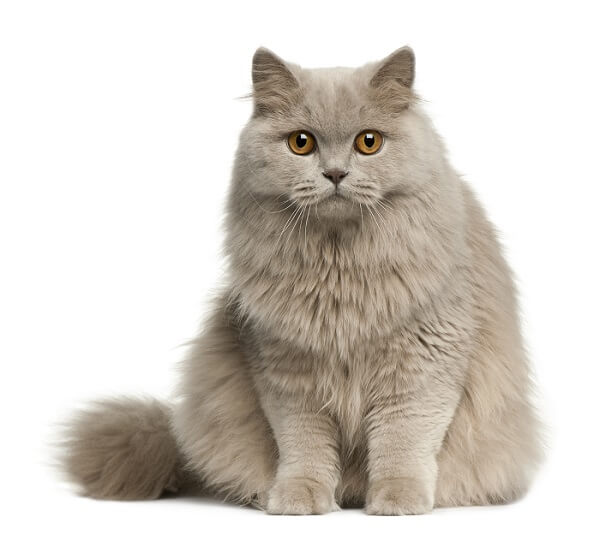
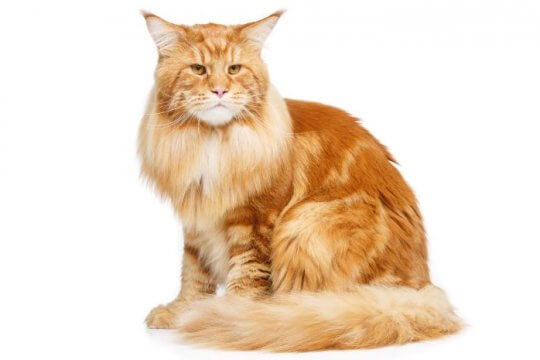
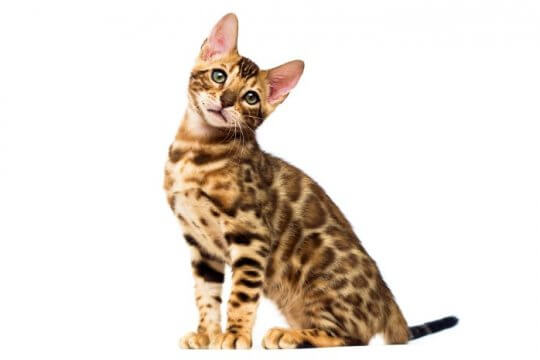
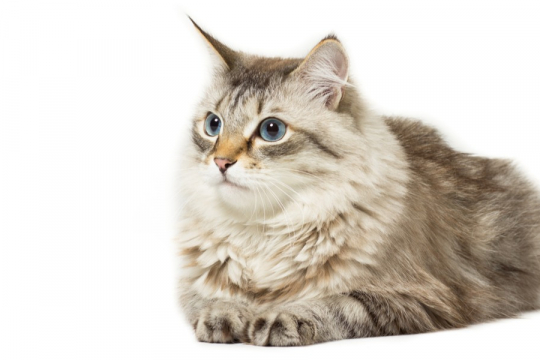
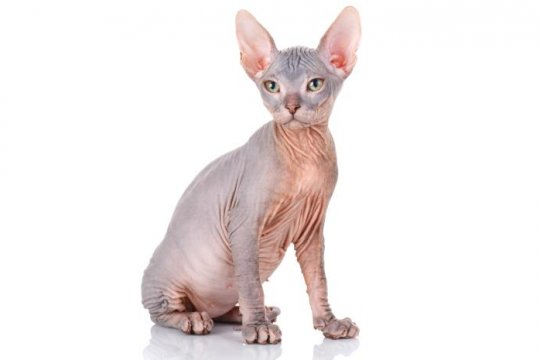
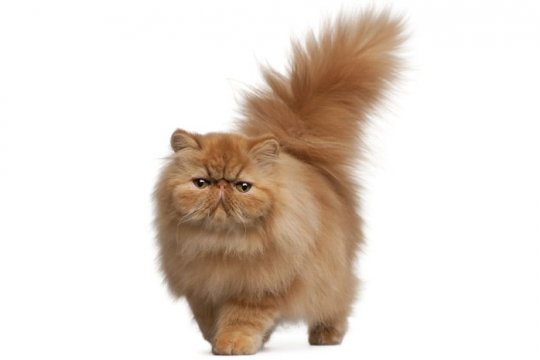
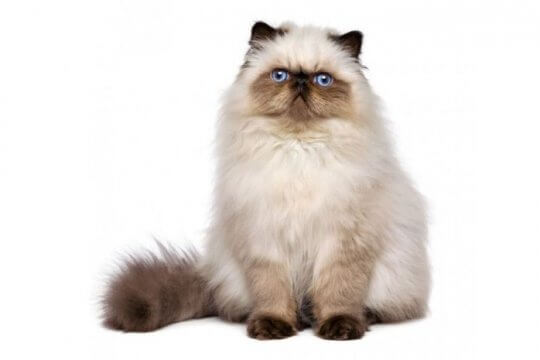
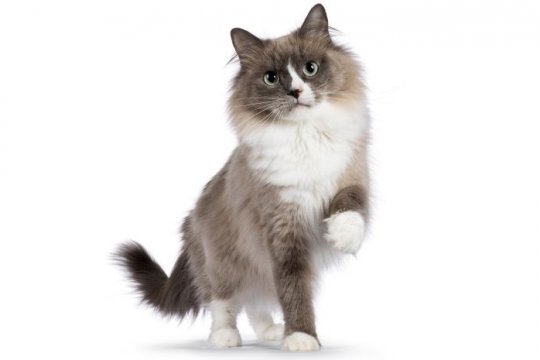
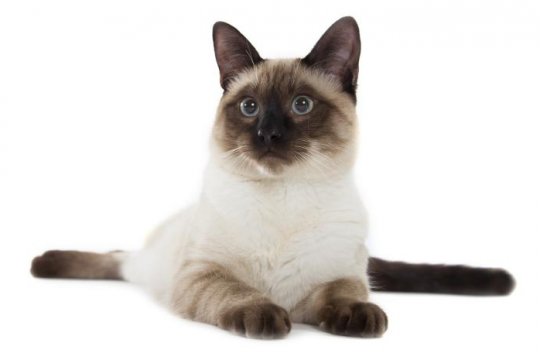
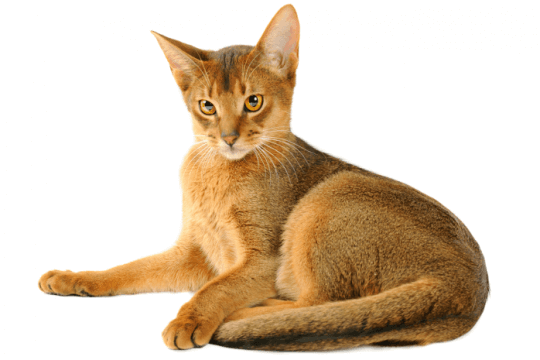
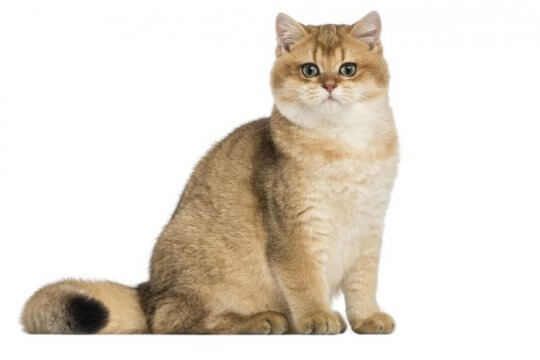
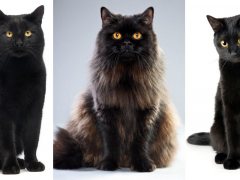


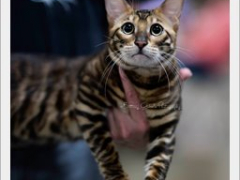
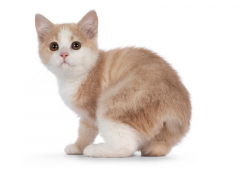
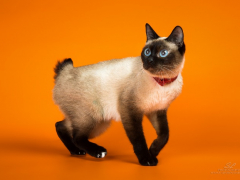

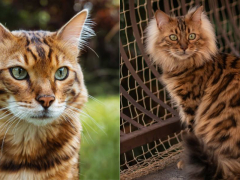

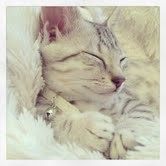

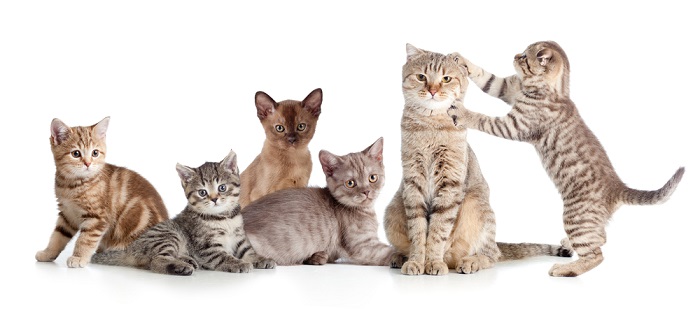
My black British longhair girl is like a queen. She is affectionate but always on her terms. Never wakes me up at night but is the most playful at 12:30 am. So I am now a night owl. She is smart and can let me know exactly what she wants. She literally comes and gets me and takes me to her food , looks at it, looks at me, gives me the “look”. I am surprised and thrilled with her strong personality. It is true that she prefers to sit beside me instead of on my lap. I feel like I hit the Kitty jackpot with her.
I adopted a British Longhair Kitten from a local shelter. Not only is he beautiful, but he’s intelligent and a whole lot of fun!
They are really cute